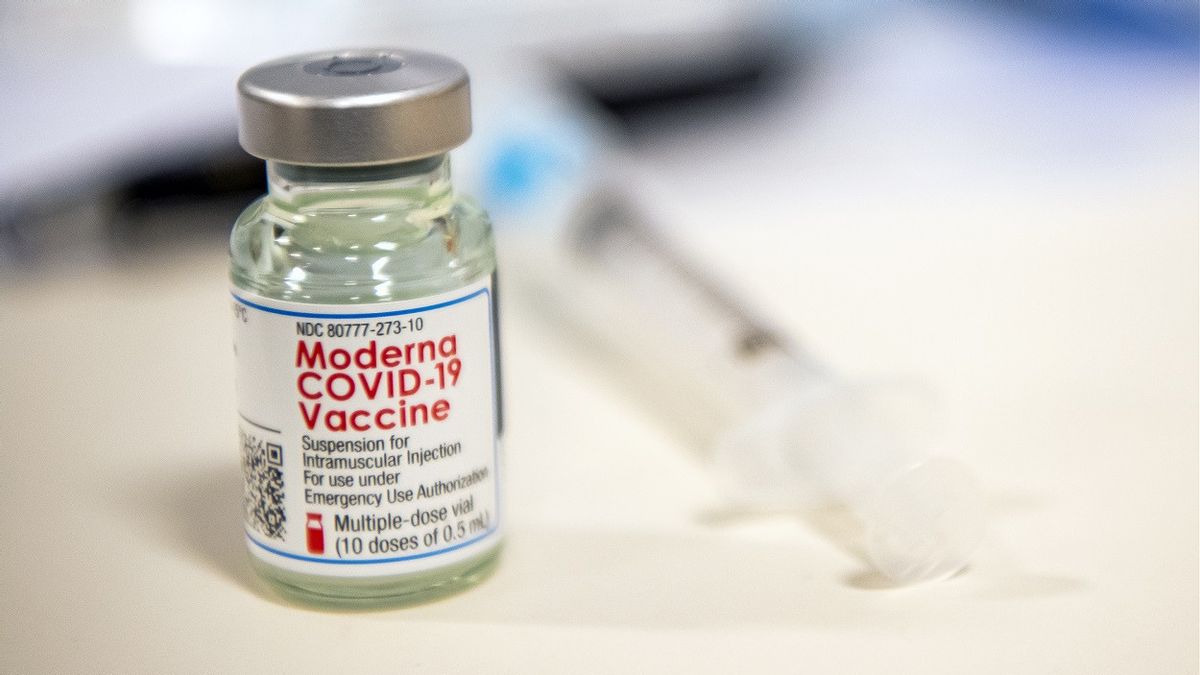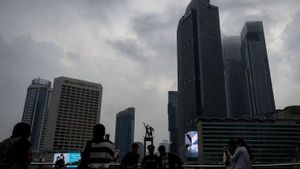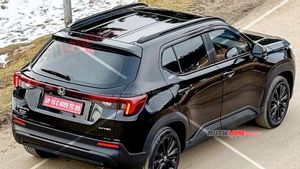JAKARTA - Scientists at the US Food and Drug Administration (FDA) said Tuesday that Moderna's vaccine does not meet all of the agency's criteria for using a third dose or booster dose of the COVID-19 vaccine, because the first two doses are sufficient to deal with COVID-19.
In a document issued, FDA staff said Moderna's vaccine data showed the third dose of the vaccine did indeed increase protective antibodies. However, the difference in antibody levels before and after injection was not significantly different, especially for those with high enough levels.
The document was released ahead of an FDA expert advisory meeting due later this week to discuss administering a third or booster dose of the COVID-19 vaccine. The FDA usually follows the advice of its experts, but is not bound to do so.
Meanwhile, an advisory panel from the US Centers for Disease Control and Prevention (CDC) will meet next week to discuss specific recommendations on who can receive boosters, if the FDA allows them.
"There's improvement, of course. Is that enough to improve? Who knows? No known standard amount of improvement is needed, and it's also not clear how much improvement occurred in this study," John Moore, professor of microbiology and immunology at Weill Cornell Medical College in New York, said in an email, citing Reuters Oct. 13.
Moderna is known to be seeking authorization for a 50-microgram booster dose, half the strength of the original vaccine given in two injections about four weeks apart.
The company has asked regulators to phase out third-dose vaccination for adults 65 years of age and older, as well as for high-risk individuals, similar to the authorization obtained by Pfizer/BioNTech's mRNA vaccine.
Separately, the United States Government under President Joe Biden had previously announced plans to administer booster doses to most adults. However, FDA scientists in an article in the journal 'The Lancet' say, there is not enough evidence to support a booster dose for everyone.
The data on the need for a booster dose of the COVID-19 vaccine comes mostly from Israel, which has launched a third dose of vaccination using the Pfizer vaccine for the majority of its population, and provided details of its effectiveness to Uncle Sam's country advisers.
There is no similar real-world study population for Moderna or Johnson & Johnson (J&J) vaccines.
"Modern's dose-boosting evidence has many flaws," says Dr. Eric Topol, a professor of molecular medicine and director of the Scripps Research Translation Institute in La Jolla, California, notes the data provided are limited and offer no insight into how boosters actually work in people.
"That's quite short of what Pfizer has from Israel, where they have a full recovery of vaccine effectiveness from the booster," Topol said.
To note, FDA advisers will also consider a booster dose for J&J's single-dose vaccine on Friday. The FDA has not released its briefing document on the shot.
J&J has asked the FDA to allow a booster at least two months after the initial injection. It said data showed adults at high risk should receive boosters earlier, but individuals at lower risk could benefit from waiting at least six months for their second injection.
The English, Chinese, Japanese, Arabic, and French versions are automatically generated by the AI. So there may still be inaccuracies in translating, please always see Indonesian as our main language. (system supported by DigitalSiber.id)













